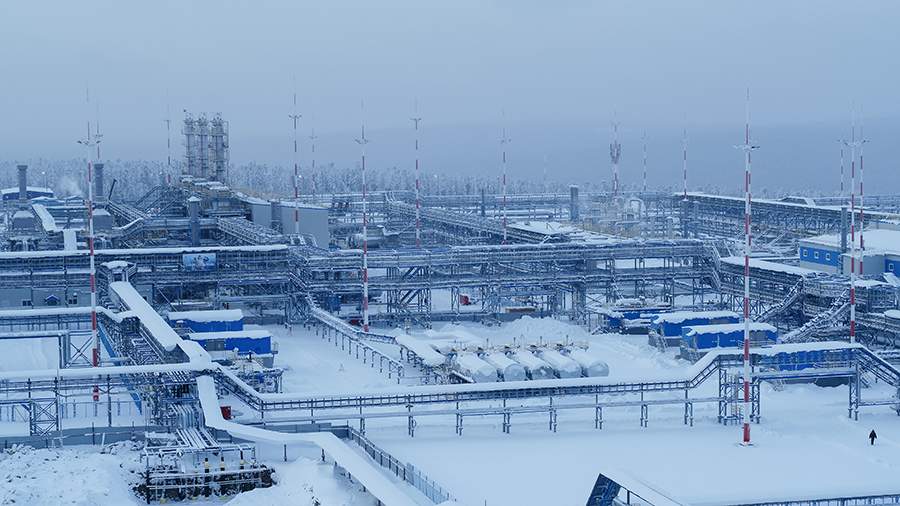
US continues to buy Russian fertilisers
By Rhod Mackenzie
The arrival of a tanker from Novorossiysk to the United States in December caused a stir in Ukraine. However, the cargo turned out not to be fuel and the shipment was part of a regular apttern. The American authorities and regulators are ensuring their food security and compliance with regulations regarding Russia.
On December 6, the Avenca tanker arrived in NorfolkVirginia , where a US Navy base is located. The activists who reported the incident were upset and showed their indignation . The shipwas carrying fertilizers, which were imported from Russia by the US authorities were mistakenly reported to be petroleum products. The ship did have any oil products on board.
According to the import-export declarations featured on the Import Genius website, on December 6, the bulk tanker Avenca, owned by Norwegian Champion Tankers, delivered 30,000 tons of a urea-ammonium mixture (UAN) to Norfolk. UAN is considered one of the most effective fertilizers. The documents indicate that American Eurochem North America received the cargo from Novomyssk Azot in the Stavropol region. Both enterprises are part of one of the world's largest fertilizer production groups, Eurochem. The group's headquarters are located in Zug, Switzerland. Prior to the imposition of sanctions in March 2022, the company was owned by Russian businessman Andrey Melnichenko.
Based on Import Genius documents, the tanker's voyage appears to have been routine. In November, Eurochem North America received two shipments of 24 thousand tons, and in October, they received three shipments totaling 82 thousand tons.
However, Eurochem North America is not the sole importer of Russian fertilizers to the United States. On the same day that the tanker Avenca arrived, another ship delivered 11 thousand tons of UAN to one of the ports of New Orleans for ECO Fertilizers. The cargo originated from St. Petersburg. The Baltic route is the primary means of delivering Russian fertilizers to the United States.
According to US statistics cited by the newspaper Kommersant, US companies purchased a record $944 million worth of Russian fertilizers between January and July 2023, making Russia the second-largest supplier to the US, behind only Canada.
In March 2022, the US Treasury's Office of Foreign Assets Control removed mineral fertilizers from the list of sanctioned goods and classified them as vital goods.
Additionally, last summer, the American regulator rejected the demand of local producers to impose anti-dumping duties on urea-ammonium mixture (UAN) from Russia.
Furthermore, last summer, the American regulator denied the request of domestic producers to impose anti-dumping tariffs on urea-ammonium nitrate (UAN) from Russia.
The United States International Trade Commission (USITC) has determined that the U.S. industry is not materially harmed or threatened by imports of urea-ammonium mixture from Russia and Trinidad and Tobago. The US Department of Commerce has determined that these imports are not subsidized and sold in the United States at less than a fair price. The Department of Commerce will not issue countervailing duty or anti-dumping duty orders on imports of this product from Russia and Trinidad and Tobago due to the commission's negative decisions, as reported by the USITC regulator on July 18 last year.
The International Trade Commission's determination that UAN producers in the United States have not suffered unfair trade practices by government-subsidized entities in Russia and Trinidad is disappointing. CF Industries Holdings President and CEO Tony Will stated at the time.
The regulator's decision was well-received by American consumers.
According to National Corn Growers Association President Chris Edgington, 'This is a welcome relief. We sounded the alarm and informed the commission members that due to tariffs, prices for raw materials would rise, and they would become even more unaffordable for farmers. I'm so glad they listened.'
